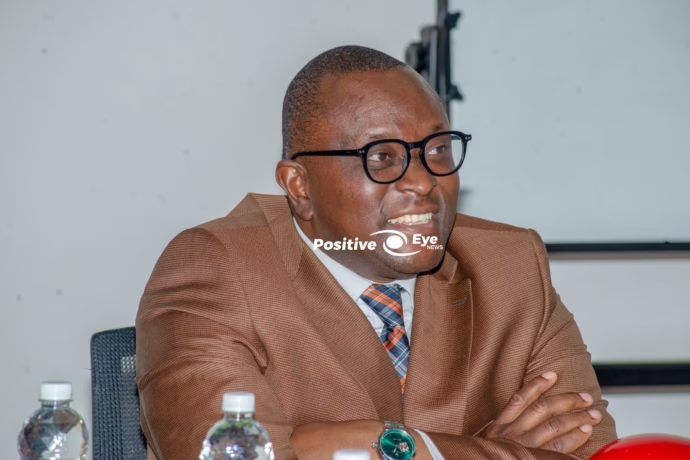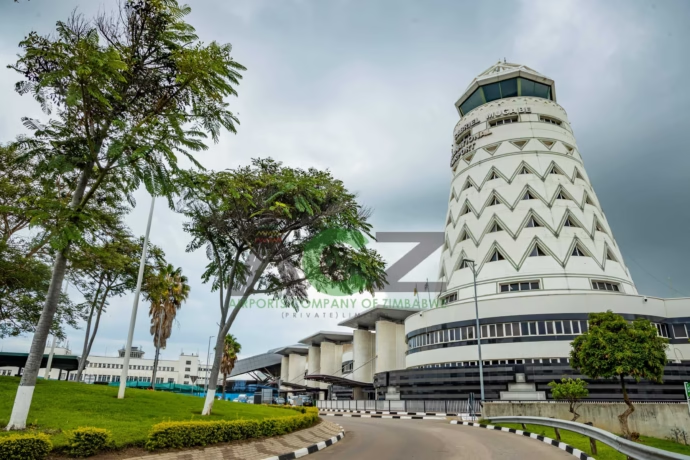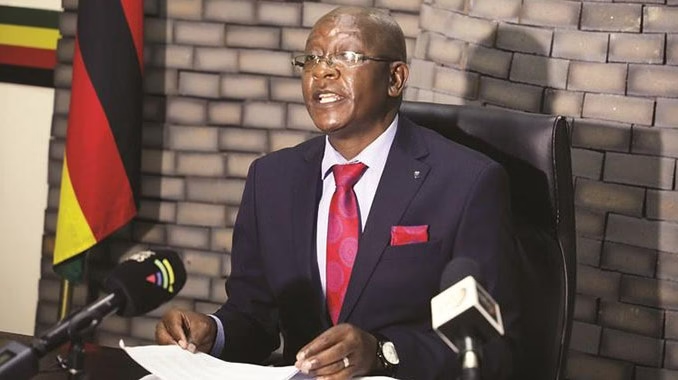
The imposition of punitive measures by Western countries, led by the United States, is impeding the development of the targeted countries, including Zimbabwe, Vice President Kembo Mohadi has said.
He was speaking during the Human Rights 75 High-Level Roundtable in Geneva, Switzerland, on Tuesday.
VP Mohadi, who was accompanied by Justice, Legal and Parliamentary Affairs Minister Ziyambi Ziyambi, called for an assessment of the unilateral coercive measures as they were doing more harm than good.
Countries under sanctions including Zimbabwe, Cuba, Sudan and Venezuela, are failing to meet set targets and thus, struggling to deliver for their citizens.
“Unilateral coercive measures, and the growing risk of secondary sanctions and over compliance put the implementation of Sustainable Development Goals off track in the targeted countries, as they impede the mobilisation of resources for sustainable, transformative and resilient economic initiatives towards food security poverty eradication, health delivery, education and social protection,” said VP Mohadi.
“We call for support in the implementation of the monitoring and impact assessment tool on the negative impact of unilateral coercive measures, as recommended by the Special Rapporteur on unilateral coercive measures.
“We further call for measures to hold accountable States that deliberately aggravate humanitarian needs and cause untold suffering on innocent citizens.”
VP Mohadi charged the international community with ensuring global inclusivity instead of favouritism among nations.
“The global trade, manufacturing and financial architecture is currently skewed in favour of a few countries.”
“Meaningful development that leaves no one behind remains elusive for the greater population that has no voice in global institutions where critical decisions that affect their vision for development are made,” he said.
VP Mohadi called for an outcome from the 2024 Summit of the Future that ensures the transformation of global governance systems towards a human rights economy that supports industrialisation efforts in pre-dominantly primary producer States, transfer of technologies and fair access to intellectual property, and fair imports-exports rules, arbitration of trade disputes and greater accountability of transnational corporations.
Herald




